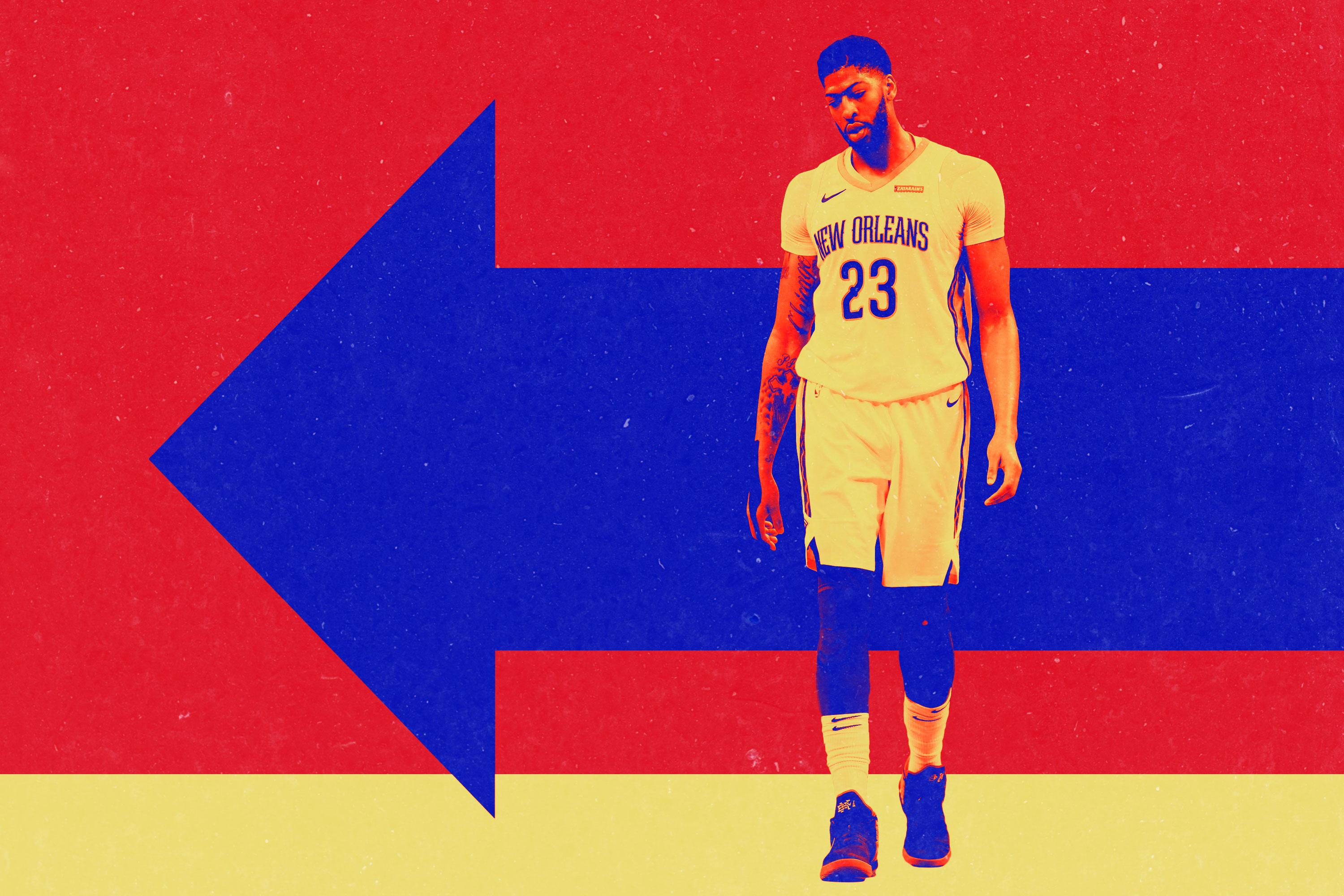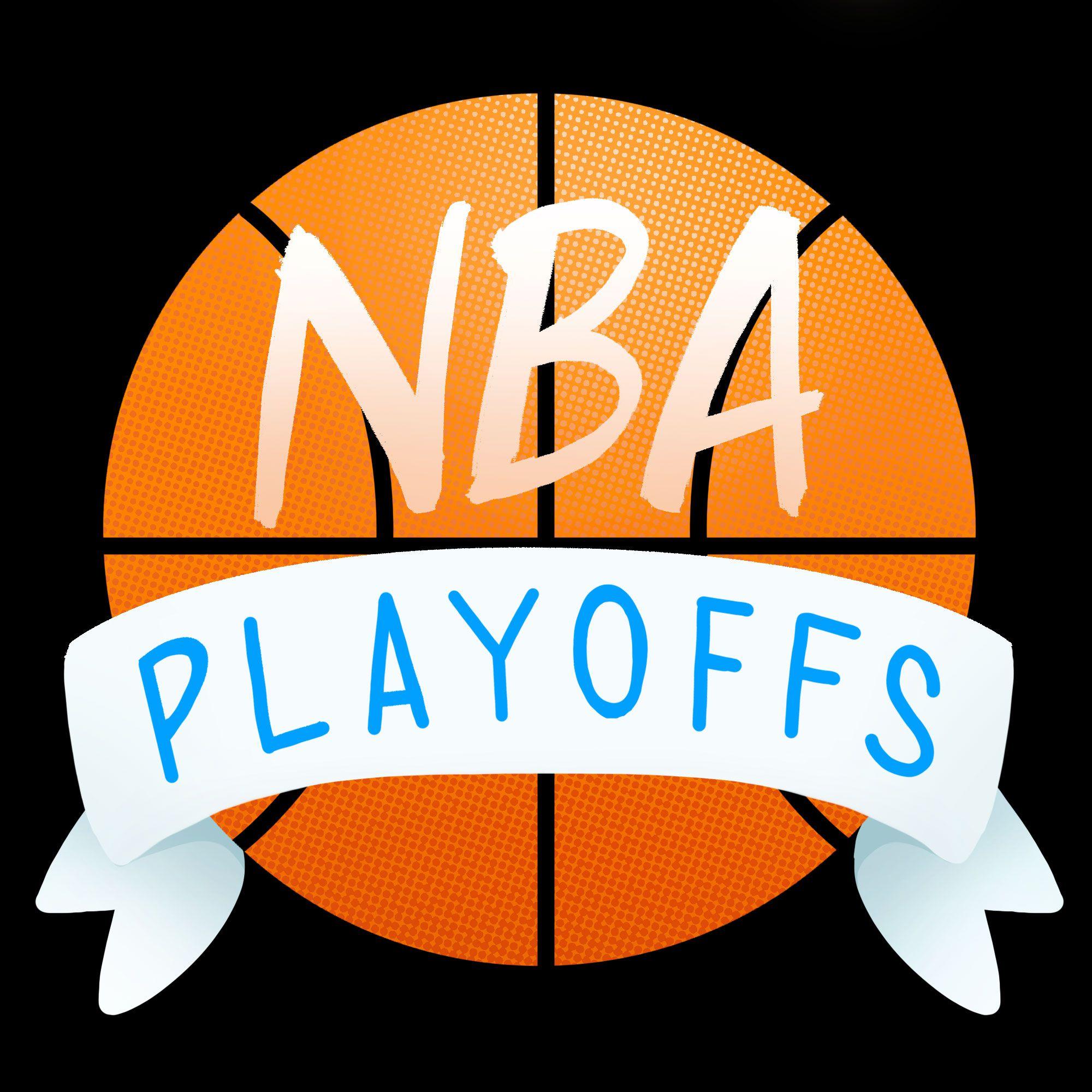
If you brush aside the way it ended, at the hands of the Golden State chainsaw and beat in five games, the Pelicans’ season was an undeniable success. Despite an injury to their second All-Star, they patched together 49 wins—their most since 2008-09, when they were still the New Orleans Hornets—and surprised with a first-round sweep of the Trail Blazers. It was an ideal response for a team that missed the playoffs the past two seasons.
There’s no glory in losing in the second round, but for the Pelicans, it’s at least a moral victory that they even got there. What they did along the way is also encouraging: Anthony Davis reminded us why he’s one of the best players in the league, Jrue Holiday forced us to appreciate him, and even Rajon Rondo showed up to the party as vintage Playoff Rondo. Here are some of the questions they’ll have to answer this summer as they try to keep the franchise’s momentum going.
What Should They Do With DeMarcus Cousins?
Everything the Pelicans do or don’t do this offseason is rooted in the answer to this question. Do they re-sign Boogie, or do they let him walk after he suffered a season-ending Achilles injury? New Orleans was 27-21 with him, and 21-13 after he was injured, but without him on the court, the Pelicans shifted toward a style more befitting of their roster. They became the fastest team in the league and more often put Davis at center, where he belongs. This allowed him to work as both a one-man show in and around the paint and opened up the space for both shooters and cutters. Davis and Cousins had started to jell this season, but without the latter on the floor, the former looked unstoppable.
Cousins’s injury complicates things moving forward. Players with Achilles injuries tend not to perform at the same level again, especially not lumbering big men like Cousins. But he’s still only 27, and convincing any star to pick a small market like New Orleans is still a struggle. Boogie, by all counts, seems to want to be there.
The Pelicans probably shouldn’t offer the full max, given the injury and how well the team played without him. So, if Boogie is still thinking he can get max money and/or years on the market, the two parties might not be long for each other. The best option might be for both sides to find a middle ground. Zach Lowe reported in late April that New Orleans has thought about offering Cousins a two- or three-year deal at the max, but that such an offer might not go over well in Cousins’s camp. The gamble is twofold: Boogie has to bet on himself to get back to an All-Star level, and then he can look to cash in on one final big deal when he’s 29. And the Pelicans have to bet on his ability post-injury, and that the team they were before Boogie went down has a higher ceiling than the one that has already proved itself in the playoffs.
Which Role Players Do They Keep?
A big part of why re-signing Cousins is no longer a no-brainer is the key trade the Pelicans made in February to get Nikola Mirotic from the tanking Bulls. A clean-shaven, 3-point-shooting Mirotic was the stretch 4 New Orleans needed to pair alongside Davis. Mirotic is under contract for one more year at $12.5 million and will enter unrestricted free agency the following summer. If the Pelicans try to keep both him and Cousins, they’ll surely go over the luxury tax, but choosing to go the smaller, faster route with Mirotic instead of Cousins would keep them under the tax and afford them some easier paths to fill out the roster.
Both Rondo and Ian Clark are unrestricted free agents who have contributed to the team’s success this season. Clark is only 27 and is a decent shooter, while Rondo, 32, brings experience and a pass-first game that has had success alongside Davis. How many times this season did we see this combination?
Aside from finding an unlikely way to package their scarce assets for a third star player (I doubt anyone’s going to want Solomon Hill’s $26 million over the next two years), the Pelicans’ best course of action is to retain their current core and look for a path to improve elsewhere.
How Far Can Jrue Holiday and Anthony Davis Take the Team?
Holiday and Davis are the unquestionable cornerstones of this team for the next four years to come, at the very least. Davis is locked in through 2020 before he can exercise a player option, while Holiday just finished the first season of a five-year, $132 million deal that runs through 2021 with a player option for 2021-22. If anything, Holiday’s and Davis’s success this season proved that, for now, Pelicans fans don’t have to worry about Davis clamoring to bolt for greener pastures.
Davis made a leap this season, dominating games with other All-Stars on the floor and having his most efficient scoring season yet. He was a bona fide disruptor at the rim on defense, while Holiday locked down the perimeter. Portland had no shot against them. Handling the third-best team in the West with such ease is a step forward for the Pelicans, but, as the Warriors showed, they still have a ceiling. Davis is still an injury risk, and though the players will be more familiar with each other next season, one injury to a key rotation player or some regression—Cousins’s injury, Rondo’s age, Mirotic’s hot shooting—could put us right back on Davis Watch yet again. 2020 will be here faster than you think.
